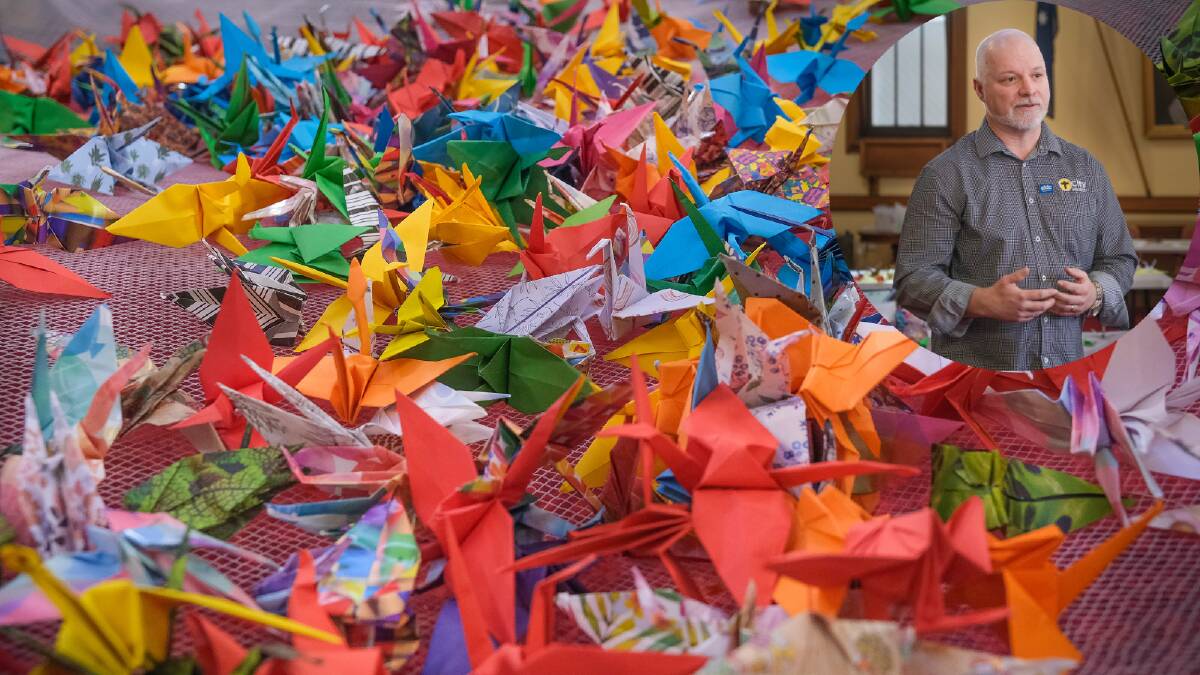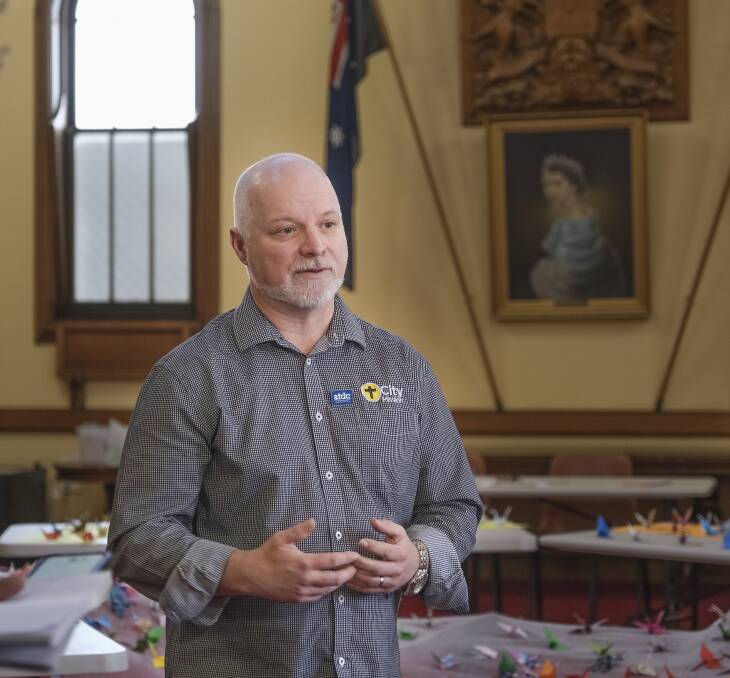
In the wake of a report revealing 55 people died in Tasmania from drug overdoses in the most recent reporting year, survivors and support groups have reflected on their lives.
Subscribe now for unlimited access.
$0/
(min cost $0)
or signup to continue reading
Tuesday was International Overdose Awareness Day, and the Alcohol, Tobacco and other Drugs Council, Anglicare Tasmania and Launceston City Mission came together to raise awareness about the societal issue.
The report showed while there had been a small reduction in the number of unintentional overdoses, 29 people had died from that cause in 2019.
ATDC chief executive Alison Lai said even one death was more than necessary, but just by talking about overdose the number could be reduced.
"Conversations about drug use, mixing medicines and alcohol, and overdose can be challenging due to the stigma surrounding it but talking about it is important to reduce the risk of overdose, and folding a crane is a gentle way to start that conversation," she said.
Mrs Lai said more Tasmanians die of unintentional overdose than from car crashes, and that those deaths had been trending upwards - despite falling from 2018 to 2019.
The number of drug-induced suicide in 2019 was the highest recorded since 2005 at 23. An increase of 14 from the year before.
City Mission emergency relief and housing operation manager Stephen Hill, who is the organisation's ATDC representative, said drug-use and overdose was indiscriminate in who it impacted.
"It's impacting all regions of Tasmania, it's affecting all age groups, both young and old," he said.

"It looks like the use of illicit substances being used and mistakes being made around concentration or amounts, it looks like people actually using it as a way of escaping the circumstances that they're in, but more commonly as well it's people just making mistakes with the actual medications."
Mr Hill said there had been an evident increase in demand for City Mission services, and more complex presentations citing mental and physical health and finance struggles as contributing to the situation.
The day had been observed over past two years in Tasmania by folding origami cranes, and Mrs Lai said the number of people wanting to fold cranes in order to raise awareness about overdose had increased year-on-year.
Known as Senbazuru - the art of folding 1000 paper cranes - it is said that if you fold 1000 paper cranes and make a wish, it will come true.
Need help?
Lifeline 13 11 14
Suicide Call Back Service 1300 659 467
Beyond Blue 1300 22 4636
What do you think? Send us a letter to the editor:



